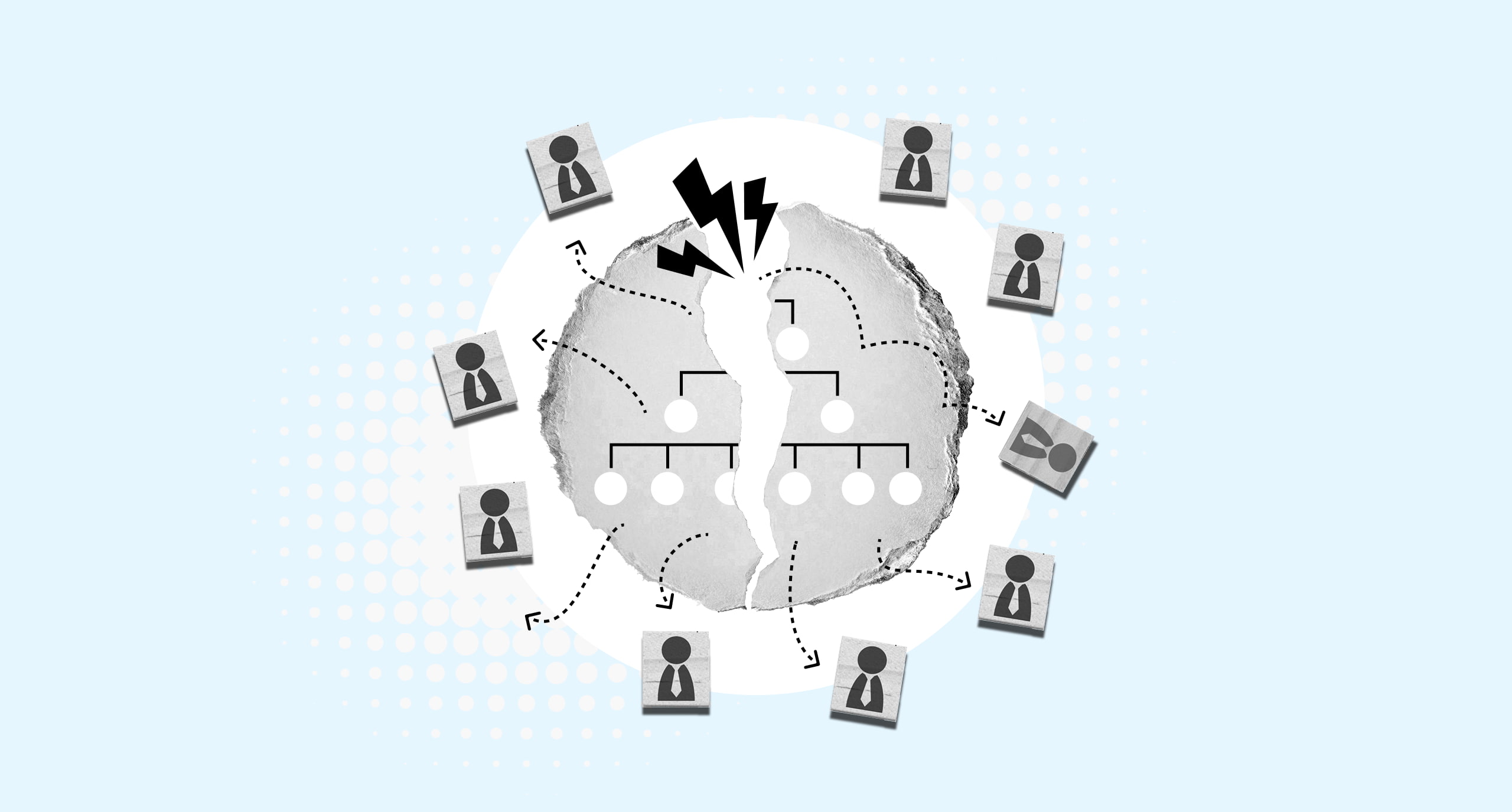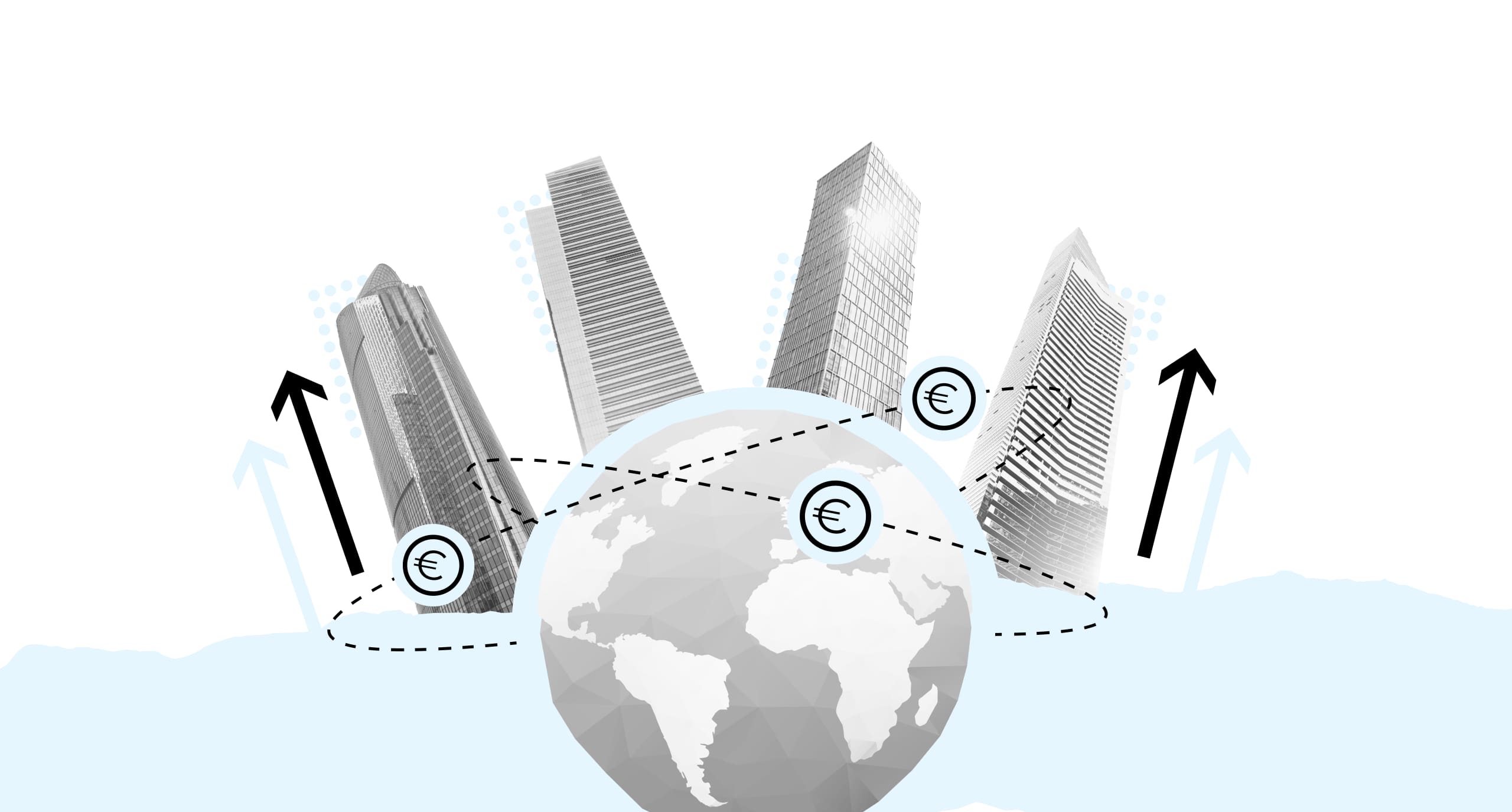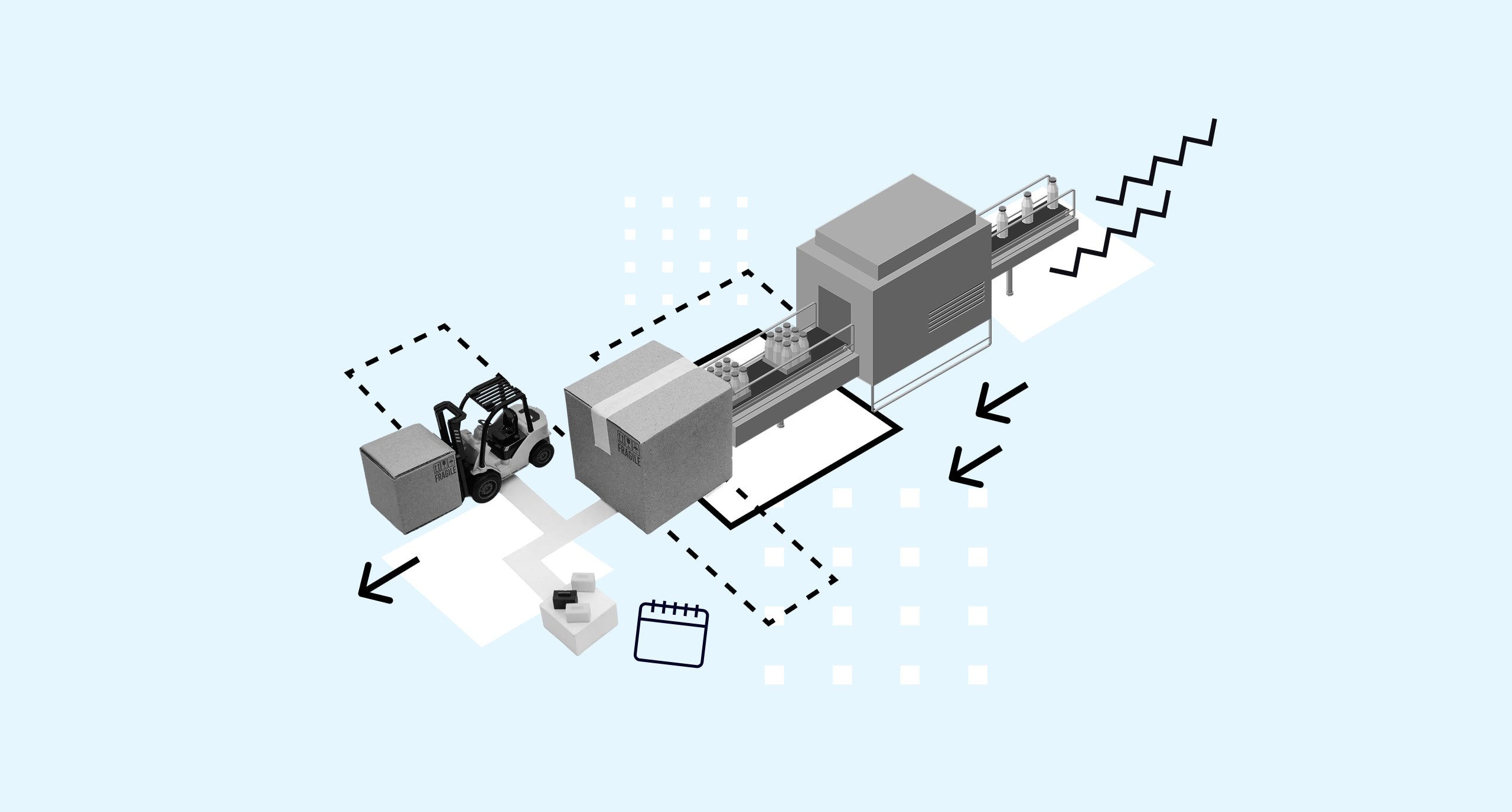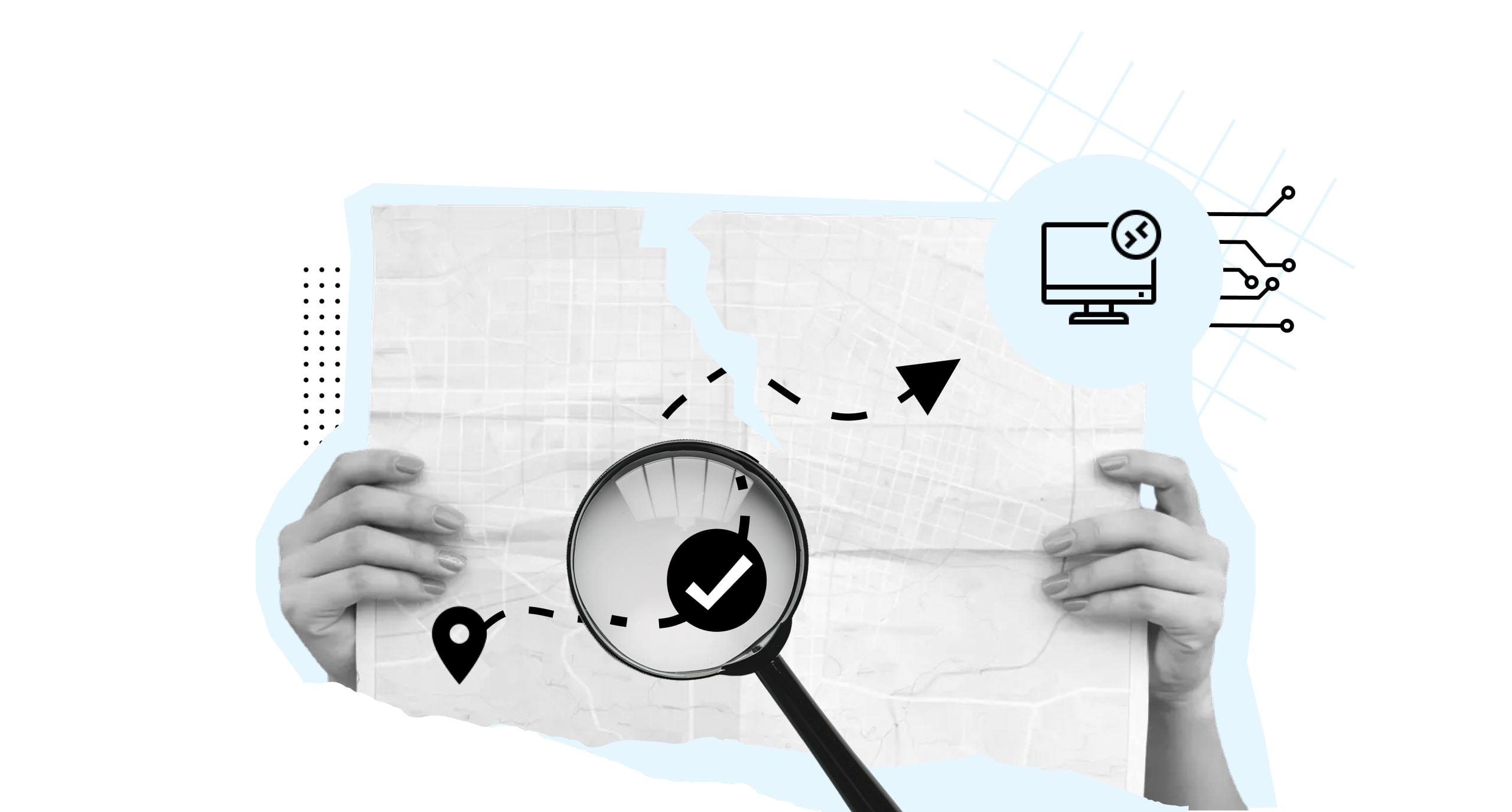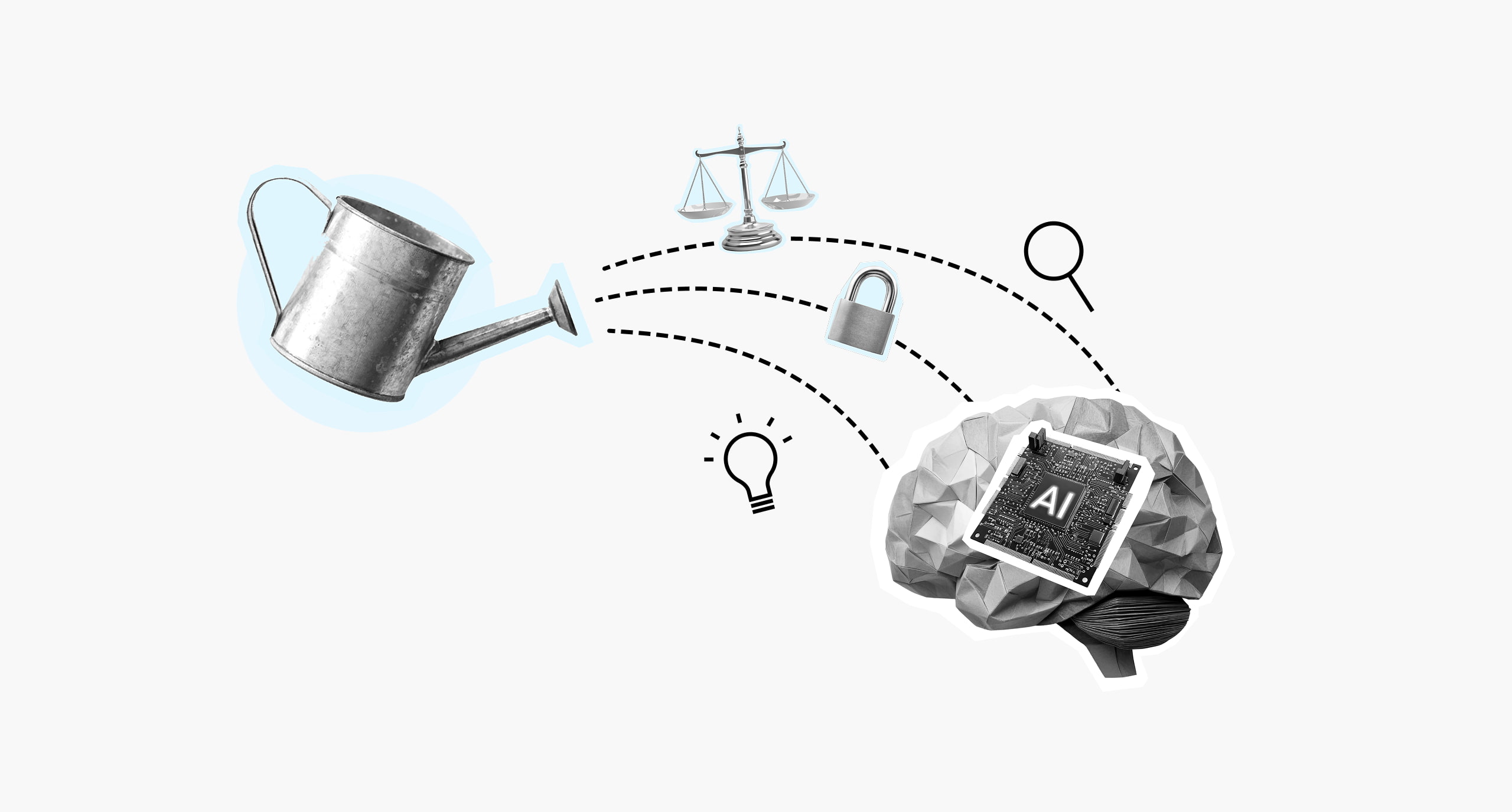Curious about careers in public policy? You’re not alone—and for good reason. This is a fast-moving, high-impact field where professionals shape everything from local legislation to global diplomacy.
Our new Master in Public Policy is designed to open doors to some of the most exciting and meaningful roles out there. To help you get started, we’ve put together a complete guide to what your future in public policy could look like.
Let’s get into it.
What are key areas for careers in public policy?
The arena of public policy is far-reaching, with professionals who combine analytical skills, strategic thinking and practical experience. Here are some key areas for you to bear in mind.
1. Intelligence and national security
Careers in intelligence and national security span multiple agencies like the CIA, MI6 and the Defense Intelligence Agency. Roles here require expertise in technology to assess threats from cyberattacks. Professionals turn complex data into actionable insights to protect national interests.
2. Diplomacy and foreign service
This career path offers the chance to represent your country abroad. That means shaping international relations and global policy, with roles available in embassies, consulates or international organizations. Passionate about issues like trade, security and human rights? This could be the career for you.
3. Public policy analysis
Public policy analysts research and evaluate government actions to improve societal outcomes. This means applying data analysis alongside cost-benefit evaluation, which ultimately engages stakeholder engagement with clear, actionable recommendations. Naturally, there’s a panorama of options here. You could work in government agencies, think tanks, nonprofits and consulting firms.
4. Environmental and energy policy
Interested in environmental and energy policy? With the Master in Public Policy, you can access roles like policy analyst, sustainability director, climate change expert and energy project manager. You’ll find a niche in government agencies, NGOs, consulting firms and the energy sector, with a special eye for shaping clean energy policies across cultures.
5. Digital transformation and technology policy
This future-proof career path involves policymaking around AI, data privacy, cybersecurity and digital governance. You’ll analyze the societal impact of technology and develop strategies to promote responsible innovation. With data compliance booming already, there are many opportunities in government, think tanks, consulting and international organizations.
6. Economic and trade policy
Careers in economic and trade policy involve analyzing trade data, advising on international agreements, and shaping strategies to promote fair global commerce. Key roles include trade policy analysts, research economists and trade compliance specialists. Professionals work in government agencies, international organizations like the WTO, think tanks, and consulting firms. They help design policies that foster economic growth, open markets, and ensure compliance with trade laws, contributing to stronger global economic partnerships and sustainable development.
What do employers look for in careers in international public policy?
For careers in international public policy, employers highly value strong analytical expertise. Professionals must be adept at interpreting complex data sets while linking insights to global trends. That makes critical analysis an essential skill, whether that be in climate change, digital disruption and institutional reforms.
Cross-cultural communication skills are equally important. Success in international public policy depends on the ability to engage with diverse people and contexts. As such, you’ll be challenged to build consensus among stakeholders despite varied diplomatic sensitivities.
These roles require both strong interpersonal skills and a nuanced understanding of global governance frameworks.

Strategic leadership rounds out the core competencies employers seek. Public policy professionals are expected to design actionable policy plans, lead complex projects, and manage diverse teams while upholding ethical standards. In today’s rapidly evolving landscape, familiarity with emerging technologies—such as AI, digital governance and data-driven decision-making—is increasingly critical. Employers look for candidates who can integrate innovation with governance to address contemporary challenges and craft forward-looking policies that are inclusive, sustainable, and adaptable.
Where can you work with careers after a master’s in public policy?
Completing a master’s in public policy opens doors across multiple sectors. Many graduates pursue government roles such as policy advisors, legislative analysts, or public affairs specialists, where they directly shape legislation and public programs. These positions allow you to influence policy development and implementation at local, national, or regional levels.
International organizations like the United Nations, World Bank and various NGOs also offer diverse career paths. And you can work there with a range of focuses, including poverty, human rights and climate change. Of course, you need a global outlook and strong diplomatic skills to work in these top institutions. But these are skills that can be learned in the right environment.
Graduates often find rewarding roles in think tanks, research institutes, and the private sector.

In think tanks and research institutes, you’ll conduct policy research, develop recommendations and support advocacy efforts. Consulting firms and corporations value policy expertise for regulatory affairs, corporate social responsibility, and strategic advisory roles. Additionally, non-profits and academic institutions offer opportunities for advocacy, program design, community engagement, and teaching, providing multiple avenues to apply your public policy skills.
Why choose the Master in Public Policy?
Are you looking to build a meaningful career in public policy? We have the program for you. Our Master in Public Policy offers the hands-on, globally focused approach that you need to become a future leader.
You’ll collaborate with peers from around the world and learn from top academics and practitioners, gaining a truly international perspective on policymaking. The program emphasizes practical experience through capstone projects with leading organizations such as the United Nations, Google and PwC.
With three specializations—Environment, Energy & Sustainability, Digital Transformation, and European Union Affairs—you can tailor your learning to the most urgent and exciting policy challenges of our time. The Master in Public Policy also connects you to a powerful network of public policy leaders, giving you the tools and connections to succeed in today’s complex policy landscape.
Access careers in public policy with IE School of Politics, Economics & Global Affairs
Find out how, with a master’s in public policy, careers are more accessible than ever.

Benjamin is the editor of Uncover IE. His writing is featured in the LAMDA Verse and Prose Anthology Vol. 19, The Primer and Moonflake Press. Benjamin provided translation for “FalseStuff: La Muerte de las Musas”, winner of Best Theatre Show at the Max Awards 2024.
Benjamin was shortlisted for the Bristol Old Vic Open Sessions 2016 and the Alpine Fellowship Writing Prize 2023.



